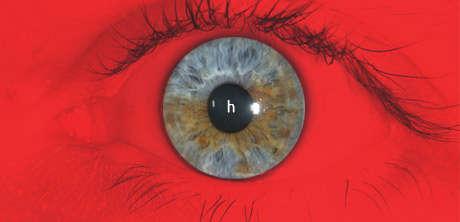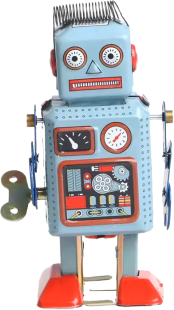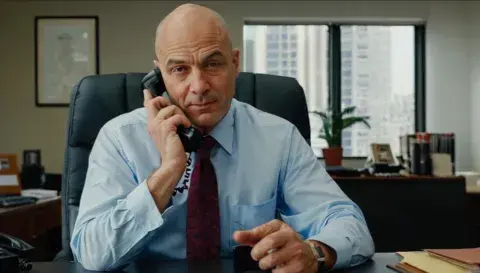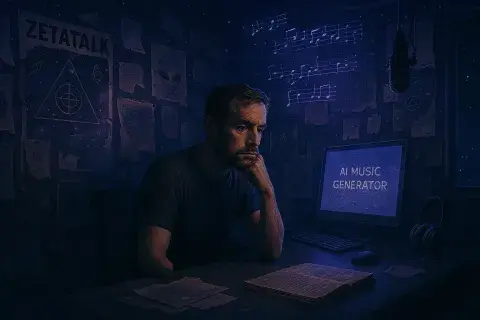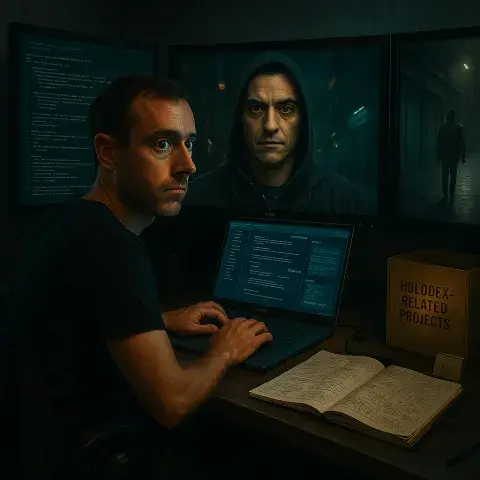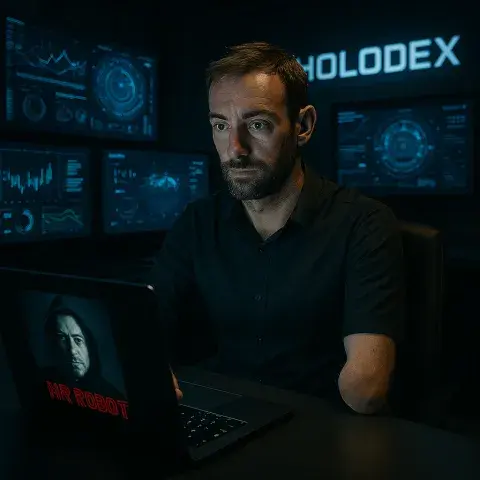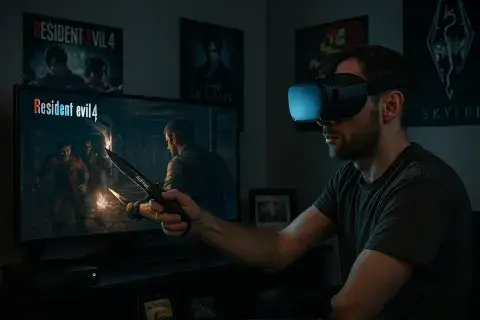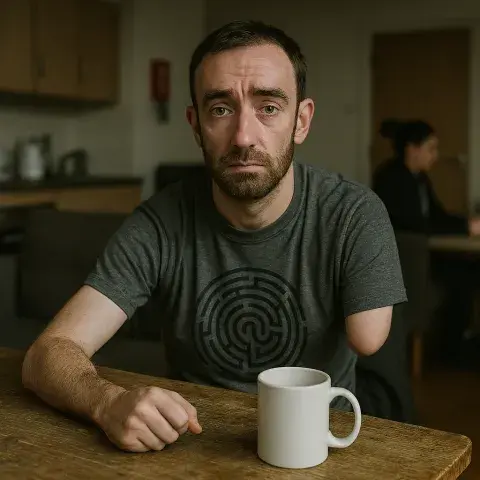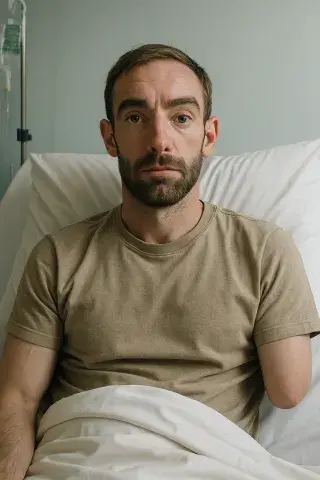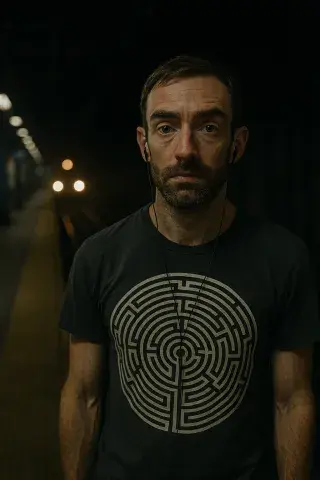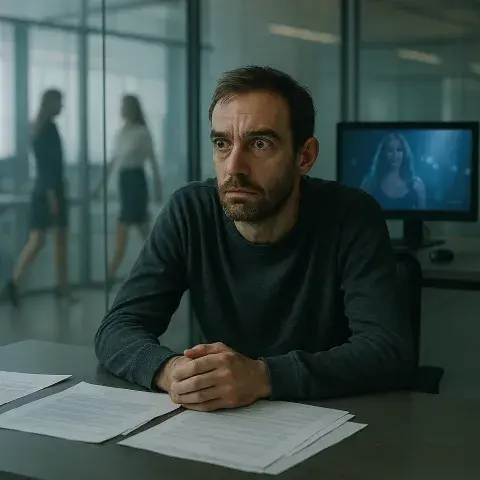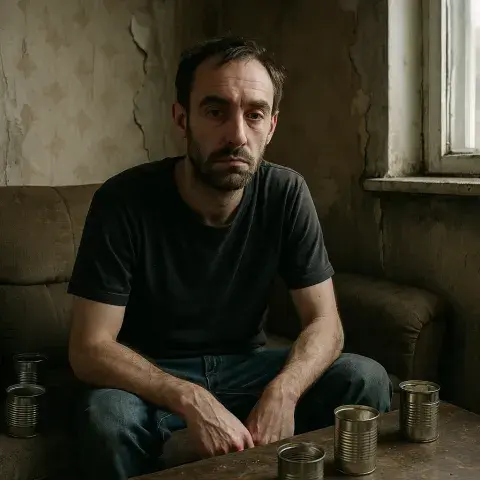Chapter 10 - Menage: A Story of Love, Loss, and Chosen Family
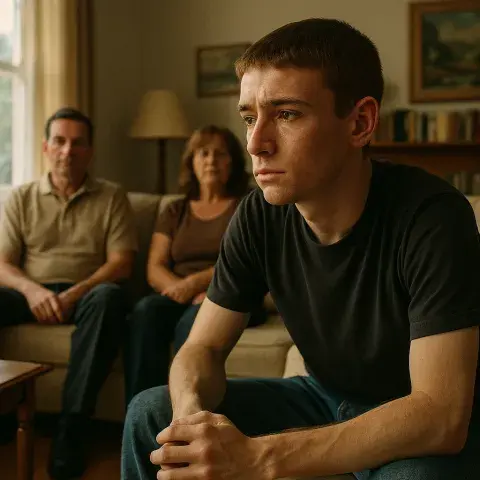
Growing up in a ménage à trois wasn’t just some outlandish experience; it was the foundation of my worldview. I didn’t see it as unusual. It was my norm, my reality. My mother’s love was abundant and multi-faceted, and her partners were as much a part of our family as anyone. There was no jealousy, no animosity, no hidden resentments. Just an open space of care and understanding. To me, it seemed like the perfect kind of family.
But when my non-biological father, the one who was the more traditional figure in my life, asked her to make a choice, it was like watching the house of cards fall. And when she chose him, it was a kind of heartbreaking affirmation that the world outside didn’t understand, or maybe even accept, the way we had lived.
I was 17 at the time—old enough to understand the emotional gravity of the situation but still young enough to feel betrayed by the change. In a way, my mom’s decision represented the same pull the world outside had over me: the world was dictating what was acceptable, and now I had to learn how to adjust to that.
As time went on, the shift in our family dynamics became a source of confusion and frustration. It wasn’t just the abandonment of an unconventional love triangle; it was the loss of a part of myself that had been intertwined with that family structure. My mother’s decision to give up the life we’d known and move toward a more conventional path was something I didn’t fully understand at the time. I wasn’t just grieving the loss of the family unit I’d cherished, but also the loss of a part of my identity.
The world outside our home, which had always seemed distant, now crept in with its rules and expectations. Suddenly, I wasn’t sure where I fit. People didn’t understand my childhood. It was like speaking a different language that no one around me could comprehend. I remember trying to explain it to friends and acquaintances, but the blank stares and awkward pauses always followed. Most people had grown up in single-parent households, or with a mom and dad in a traditional sense, and the idea of a ménage à trois wasn’t something they could wrap their heads around.
At the time, I struggled with how to balance the person I was with the person the world seemed to expect me to become. I tried to bury the confusion, the frustration, but it seeped out in unexpected ways—through relationships, through my career choices, and especially through the things I would later create. But it was hard to reconcile what I had lived with what I was told was “right.” The absence of that alternative family model left me questioning everything—was love supposed to look a certain way? Was it supposed to be confined to a monogamous, traditional form?
Growing up in a unique household, I was exposed to many unconventional ideas and experiences that shaped my outlook on life. My dad, a talented oil painter, had a particular fondness for painting portraits of women. These paintings, paired with his collection of magazines he kept hidden away, opened my eyes to the beauty of expression through art and sexuality at an early age. I learned early on that there was no shame in celebrating human form and connection, even if society often viewed those ideas through a more conservative lens.
These experiences shaped my approach to life, allowing me to pursue unconventional paths with confidence. I found myself drawn to the adult industry—not out of some rebellious impulse, but because I saw it as a way to create a space where open-mindedness and celebration of human intimacy were valued, not stigmatised. I realised that the adult industry, like any other creative field, had potential for artistry, innovation, and respect for human connection.
I'm not sure how it happened, but when I moved out of my parents’ house, I ended up living with two girls—Meg and Leila. What began as just an ordinary living arrangement quickly blossomed into something so much more. We weren’t just housemates; we became inseparable. There was a bond, a chemistry that clicked from day one. We each brought something different to the table, but together, we formed a perfect trio. There was no sex—it was purely platonic.
Meg was the spontaneous one, full of energy and always coming up with wild ideas that often turned into unforgettable adventures. Leila, on the other hand, had a calm, grounding presence. She was the thinker, the one you could go to for advice when you didn’t know how to untangle the mess in your mind. And me? I think I brought a certain flair, a creative side to our dynamic. Whatever the mixture was, it worked.
We spent our days joking, exploring the city, throwing spontaneous dinner parties, and late-night heart-to-heart chats about everything from dreams to fears. The laughter was constant, the bond tighter with each passing day. Looking back, I realise those months were some of the most carefree and authentic times of my life.
It felt like we were creating our own world in the midst of a larger one—a world where our differences only made us closer and where the simple things—like shared moments, inside jokes, and support during tough times—formed the foundations of lasting friendships.
How I got there, I can’t fully explain, but living with Meg and Leila became one of the most impactful experiences of my life, showing me the true value of having people you can rely on no matter what.
Maybe the family we choose isn’t so different from the one we grow from—it’s just love, remixed.
